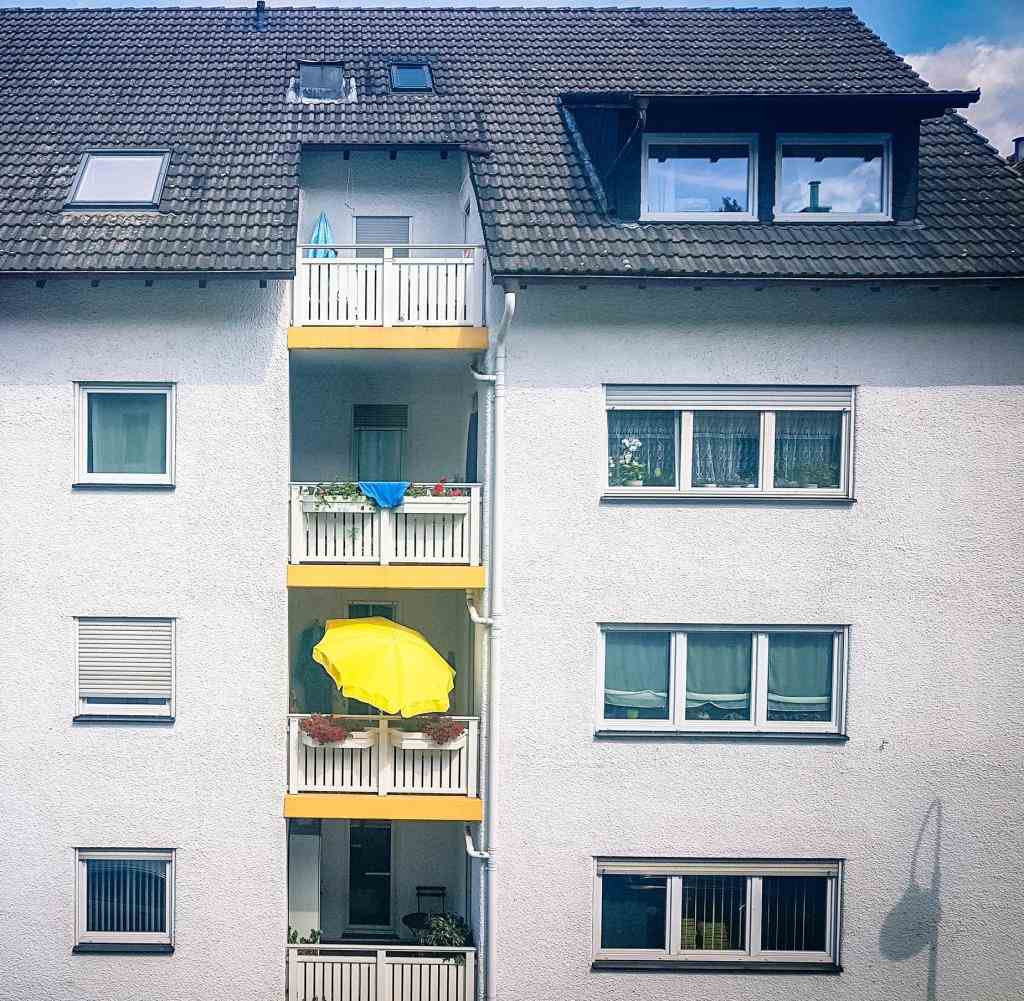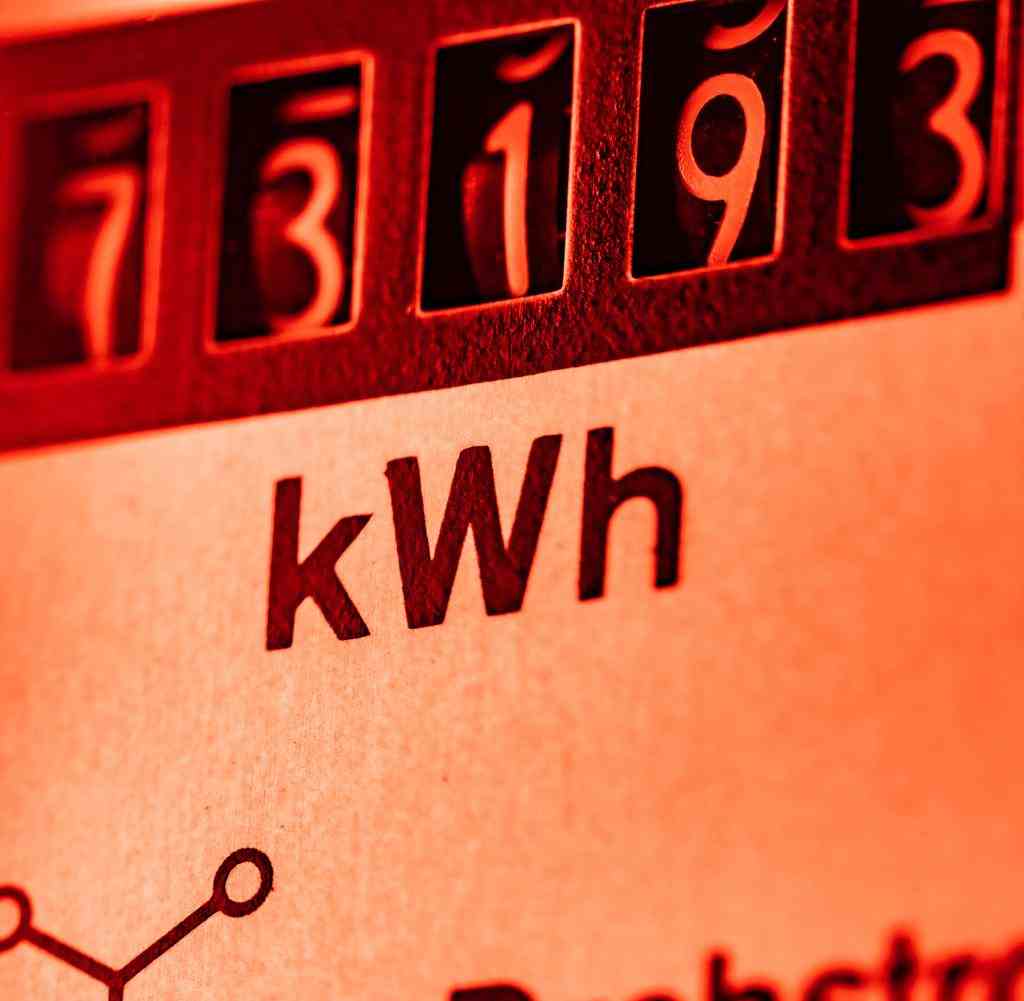Habeck’s big heating check costs almost ten billion euros
Saving energy is mandatory from now on
From September 1st, various measures will come into effect for six months: Public buildings may only be heated to a maximum of 19 degrees and shop doors should no longer be left open permanently. But that’s not all.
In the next two years, all gas central heating systems are to be optimized. But the costs for this will be enormous, the real estate companies complain. Economics Minister Habeck counters the corresponding savings.
DIn view of the gas crisis, the Federal Government wants to introduce a new regulation to ensure that citizens and companies use less energy to heat buildings. Next Friday, the Federal Council will discuss a second “Ordinance to Securing the Energy Supply”, which is aimed at the consumption of natural gas and is scheduled to come into force in October.
Accordingly, all gas central heating systems in at least one million residential and non-residential buildings must be subjected to a general check and optimization over the next two years. This will be expensive for the citizens. According to industry estimates, both together should cost almost ten billion euros.
The optimization is a hydraulic adjustment. The pressure in a heating system is adjusted in such a way that the heat is optimally distributed – a complicated process that will soon be of concern to millions of homeowners in Germany. “Should the second part of the ordinance come into force, at least seven billion euros will have to be invested in the next two years for the comparison in around seven million affected residential units,” according to a calculation by the Federal Association of German Housing and Real Estate Companies GdW, which WELT AM SONNTAG is available.
In addition, there are at least another 2.7 billion euros in costs that the Federal Ministry of Economics estimates for the first part of the regulation – a somewhat more complex heating check with a check of temperature settings, among other things. In the medium term, the new energy saving regulation should apply to all buildings with more than six apartments and non-residential buildings with an area of more than 1000 square meters.
The total costs of almost ten billion euros are offset by gas cost savings of 8.4 billion euros for the first two years, as forecast by the ministry. The department of Robert Habeck (Greens) also expects only 2.8 billion euros for the hydraulic balance. Both are considered completely unrealistic in business. “The effort for the comparison is enormous: you need engineers and specialized heating technicians who examine every single room in every apartment,” says the general manager of the GdW, Ingeborg Esser.
Hundreds of thousands of homeowners’ associations are also facing this problem. “Tenants must be informed and access to the apartment must be granted,” says Corinna Kodim, Managing Director of Energy at the Haus & Grund association. “If valves have to be retrofitted, this also means that the heating system has to be switched off and on again.” The adjustment is more worthwhile “when individual rooms do not warm up or not warm up properly, or when the heat generator is replaced,” says the expert.
Tenants can sue landlords for failure to do so
However, the federal government is convinced that homeowners should be forced to save despite the multiplication of energy prices: “The necessary short-term savings will not be achieved solely with voluntary measures and self-commitments to reduce energy consumption,” says the ordinance. A fine is initially not planned. However, tenants can sue their landlords if they fail to do so. The first Energy Saving Ordinance came into force on September 1st, including regulations on closing shop doors in the city retail trade and a ban on the lighting of billboards from 10 p.m. to 4 p.m. the following day.
In the heating trade, the time-consuming hydraulic adjustment is also considered problematic for another reason. “The prescribed demand will tie up capacities in the trades, which may then no longer be available elsewhere,” says Udo Wirges, Head of Technology at the Central Association for Sanitary, Heating and Air Conditioning.
What is meant is the switch from fossil fuels to other energy sources: From January 2024, every newly installed heating system should be operated with at least 65 percent renewable energies – this is what the traffic light coalition is planning. Enormous capacities are required for this changeover. With the pressure adjustment in old systems, according to GdW boss Esser, “other, more sensible measures are now being prevented, which would be more important, because this will make us independent of Russian gas more quickly”.
“Everything on shares” is the daily stock exchange shot from the WELT business editorial team. Every morning from 7 a.m. with our financial journalists. For stock market experts and beginners. Subscribe to the podcast at Spotify, Apple Podcasts, Amazon Music and deezer. Or directly by RSS feed.






